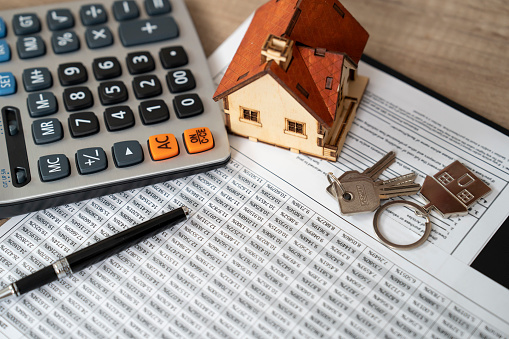
It comes after RNZ conducted a survey of the cost of living in a house around the country, even if the mortgage has been paid off.
It showed that in some cases, people were having to pay almost $800 a month.
Ian is a retiree in Auckland's Grey Lynn and told RNZ's Morning Report programme he used power and gas in his home and the bills fluctuated wildly.
"We got a $50 bill in July and then an $834 bill in August - there's no way you could predict that unless you were doing research on a daily basis."
Ngaire Kerse, an Auckland University research and chairperson of Ageing Well, said it was well known older people who were renting were really struggling at the moment.
She told Morning Report older women and older renters were the retirees hit hardest by rising costs.
"Older women are well-known to have less accumulated wealth through their lives and more often live alone.
"People who rent [also struggle]. Elderly people who are Kainga Ora clients are better off [than renters], as they have a fixed price for rent."

"Rates vary a lot, energy prices vary a lot. Superannuation is not keeping pace with our cost of living."
The biggest thing that had changed was food, she said, but other costs that could be hard to prepare for included dentist bills along with rates, insurance and heating bills are being high at once.
"We need our old people to be the silver economy and do the wonderful things they do, and without a stable income base it's harder to do that."
KiwiSaver was not enough, Kerse said, and was a relatively new thing for New Zealand.
"Some people don't have the option to plan. We need a better superannuation policy, rent relief, affordable and accessible housing for elderly and good transport.
"Across the board, we need society to be more fair to older people."













